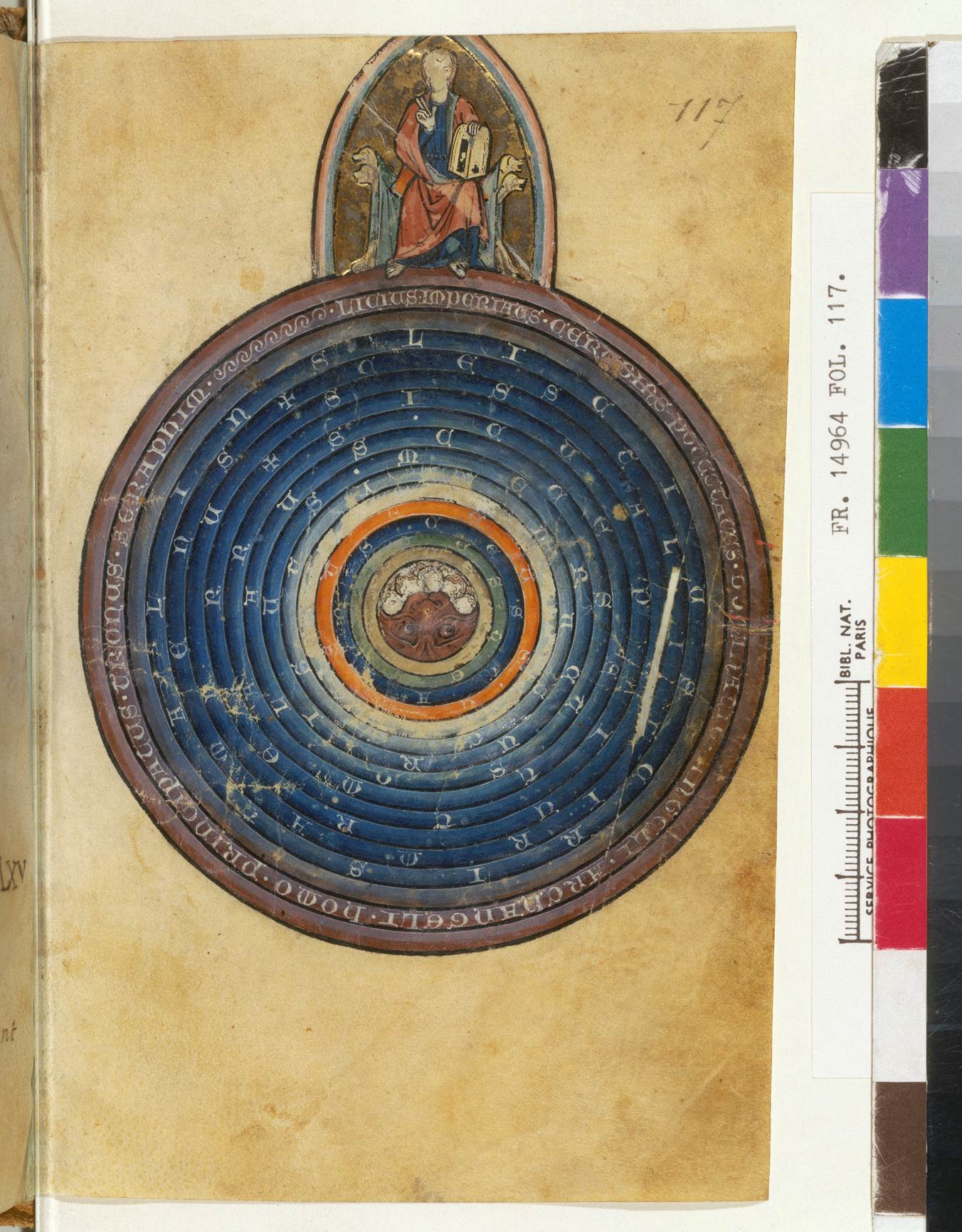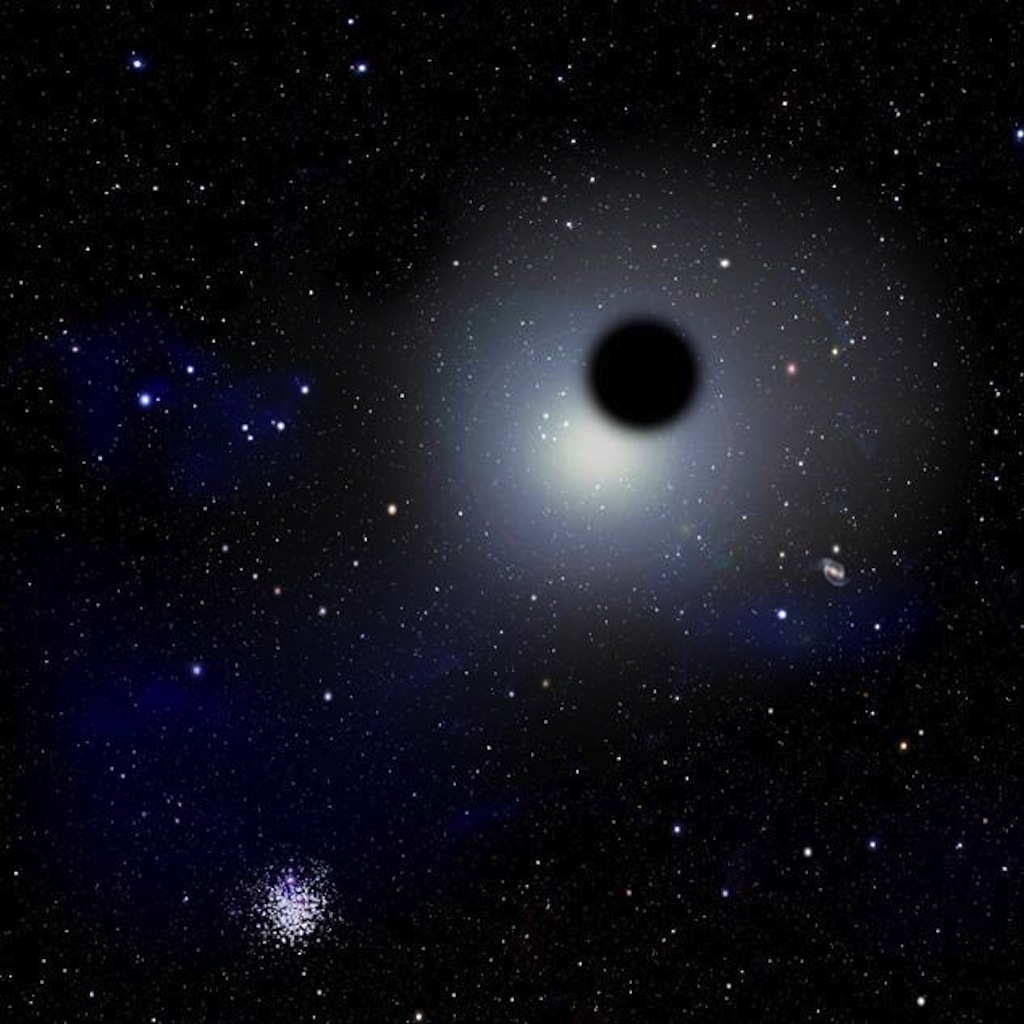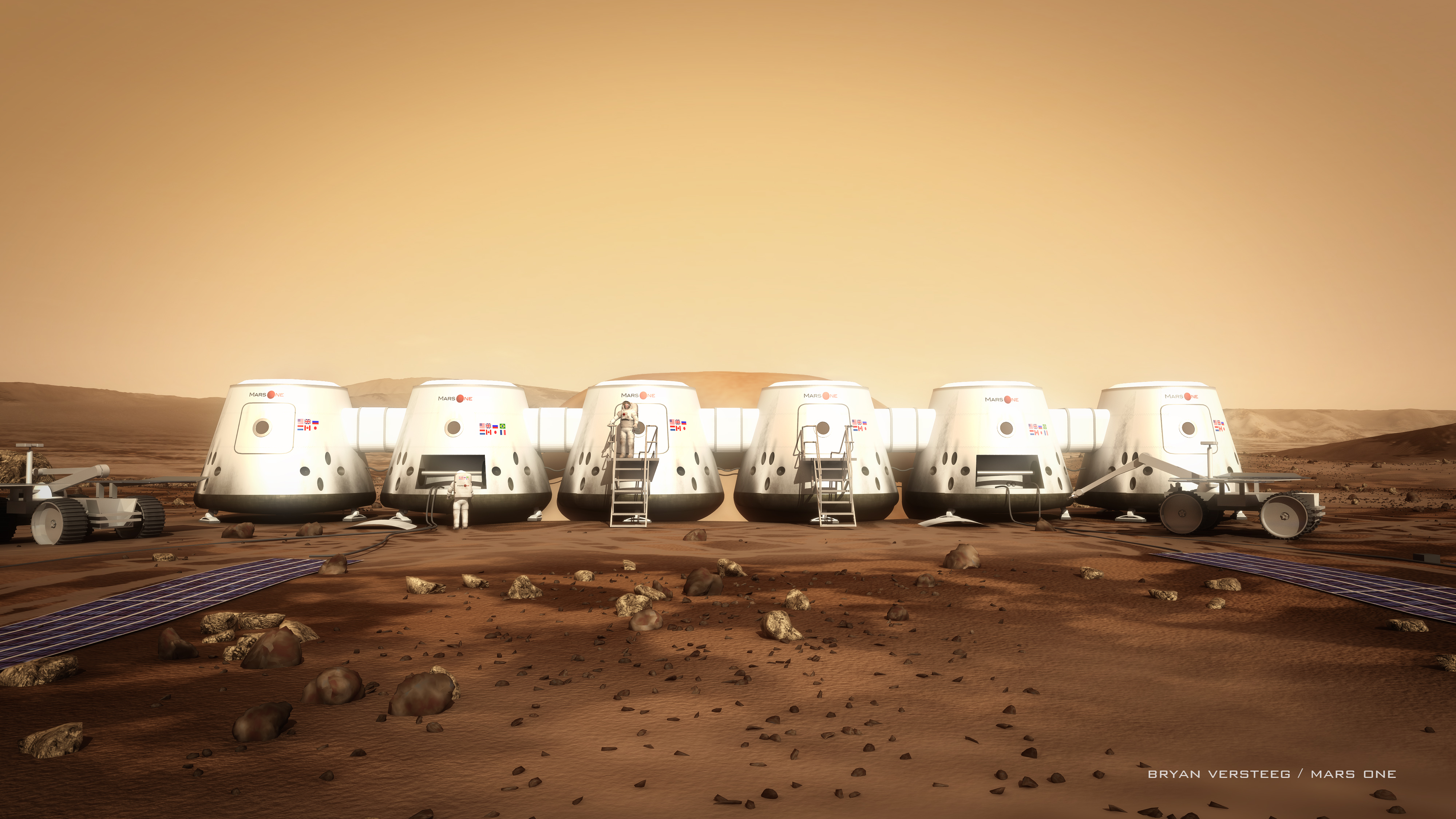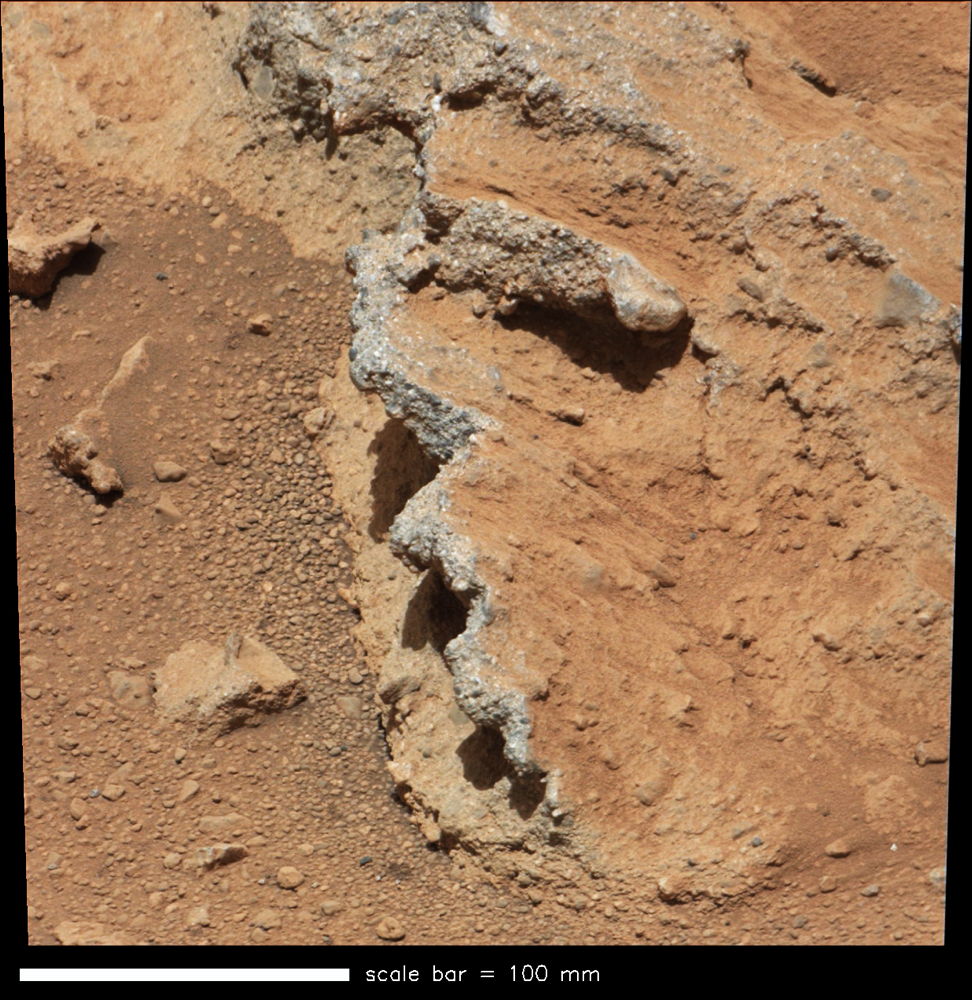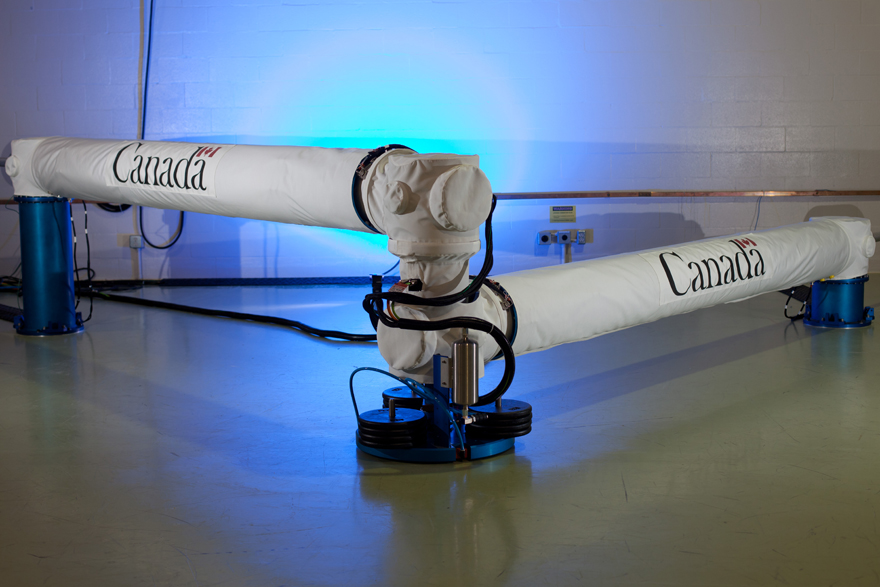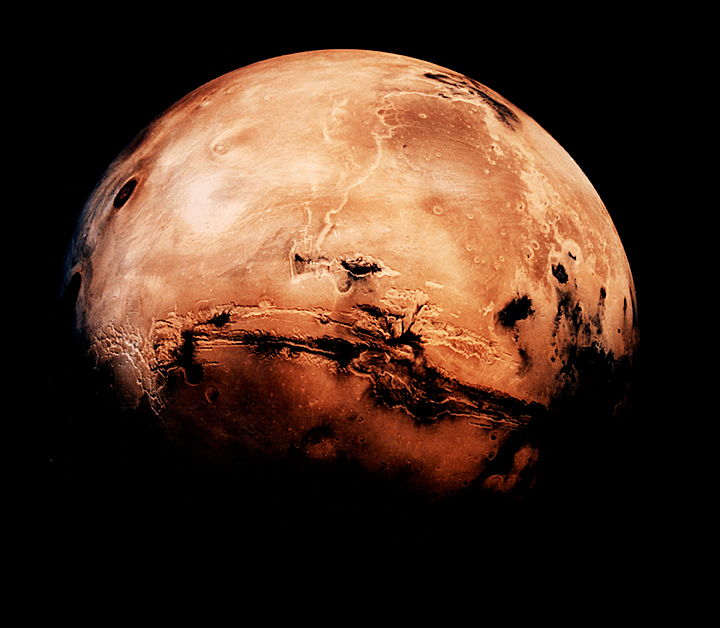Katia Moskvitch
Katia Moskvitch is a freelance science writer based in Switzerland currently serving as the head of communications for IBM Switzerland. She an award-winning writer who has covered astrophysics and other topics for Space.com, with her work also appearing in Quanta Magazine, Science, Wired, BBC News, Scientific American and The Economist among others.
In 2019, Katia was named European Science Journalist of the Year as well as British Science Journalist of the Year, and her book "Neutron Stars: The Quest to Understand the Zombies of the Cosmos" was published by Harvard University Press in September 2020. Katia holds a bachelor's degree in mechanical engineering from McGill University and master's degrees in journalism from the University of Western Ontario and in theoretical physics from King's College in London. She is fluent in English, French and Russian.
Latest articles by Katia Moskvitch
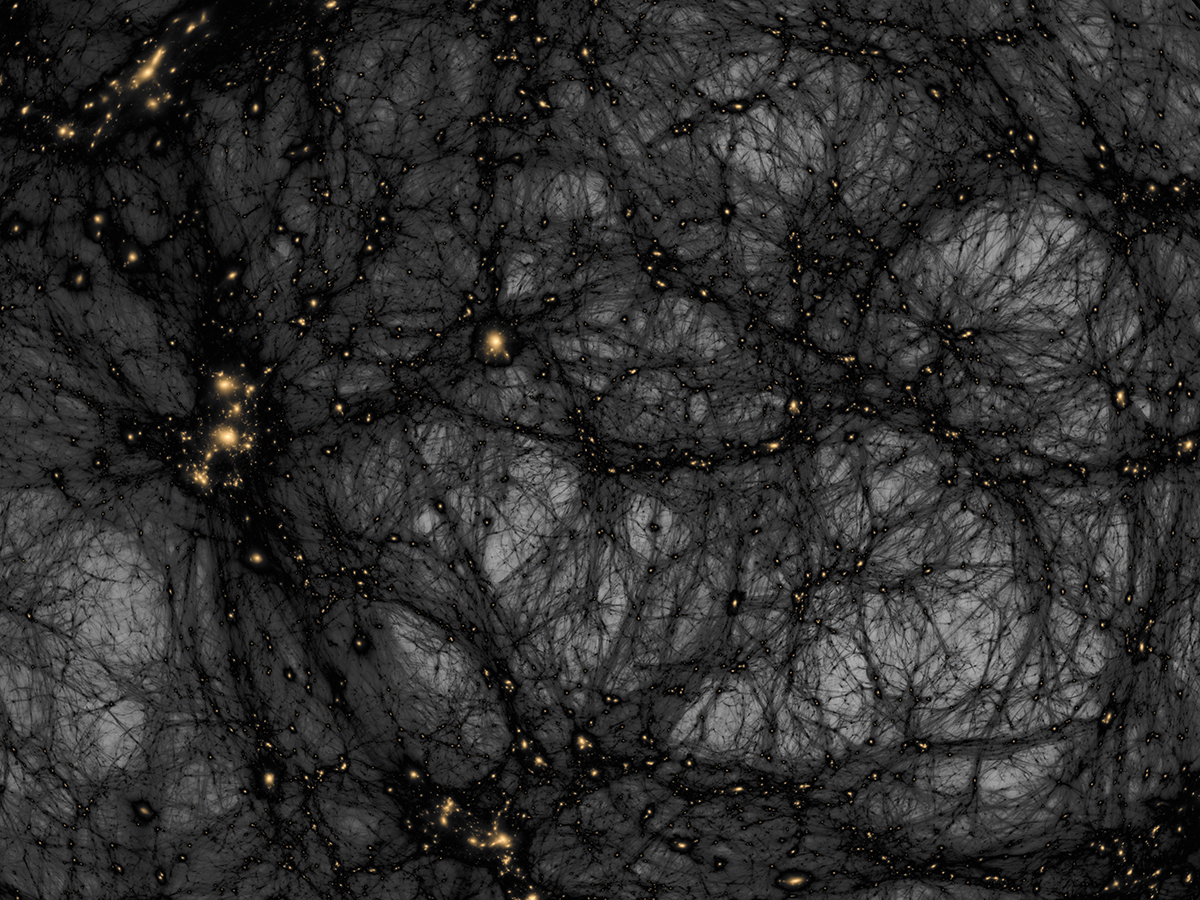
Could Tiny 'Black Hole Atoms' Be Elusive Dark Matter?
By Katia Moskvitch published
Scientists have been on the hunt for dark matter for decades. A new hypothesis now suggests that the strange invisible stuff could be made of microscopic, or quantum, black hole atoms.
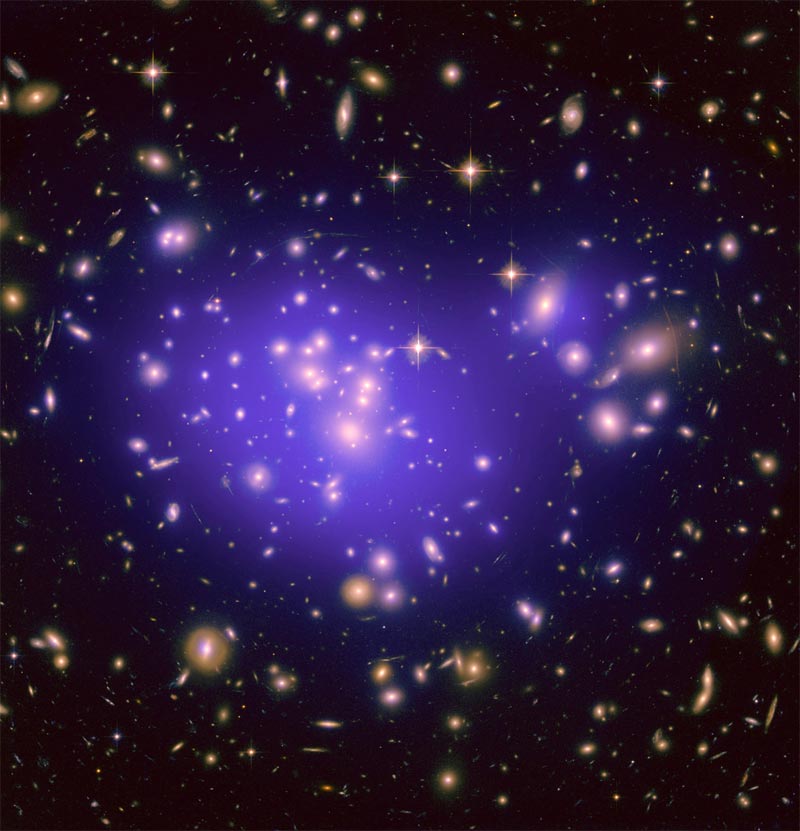
Universe Expanding Symmetrically, Real-Time Analysis Shows
By Katia Moskvitch published
The universe is expanding — and it is doing so at the same rate in all directions, according to new measurements that appear to confirm the standard model of cosmology.
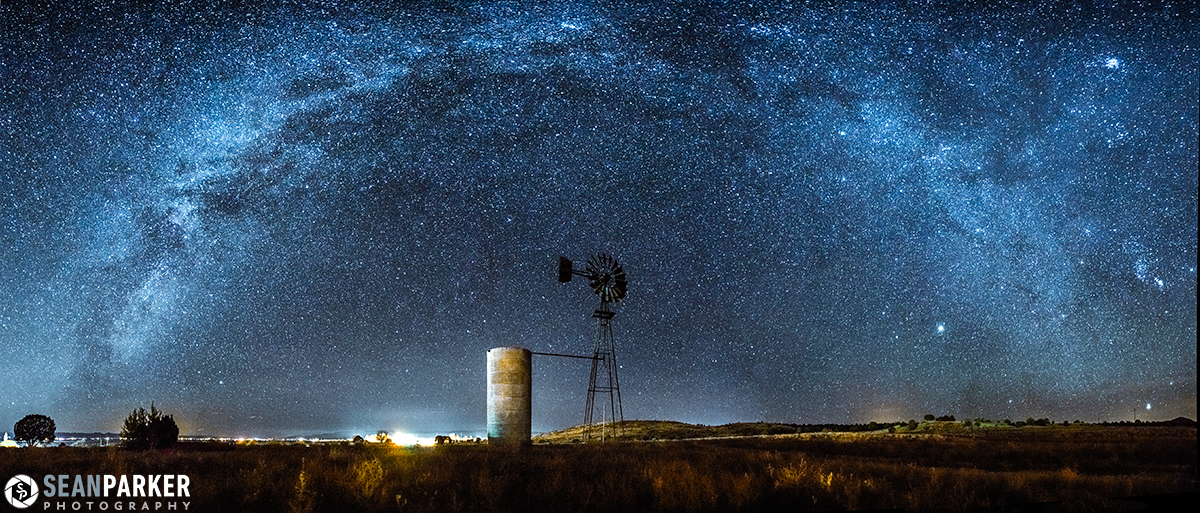
Milky Way's Structure Mapped in Unprecedented Detail
By Katia Moskvitch published
The Milky Way is a spiral galaxy — but what exactly does it look like? Does it have two, four, or more arms? Astronomers think that now they’re one step closer to the answer.
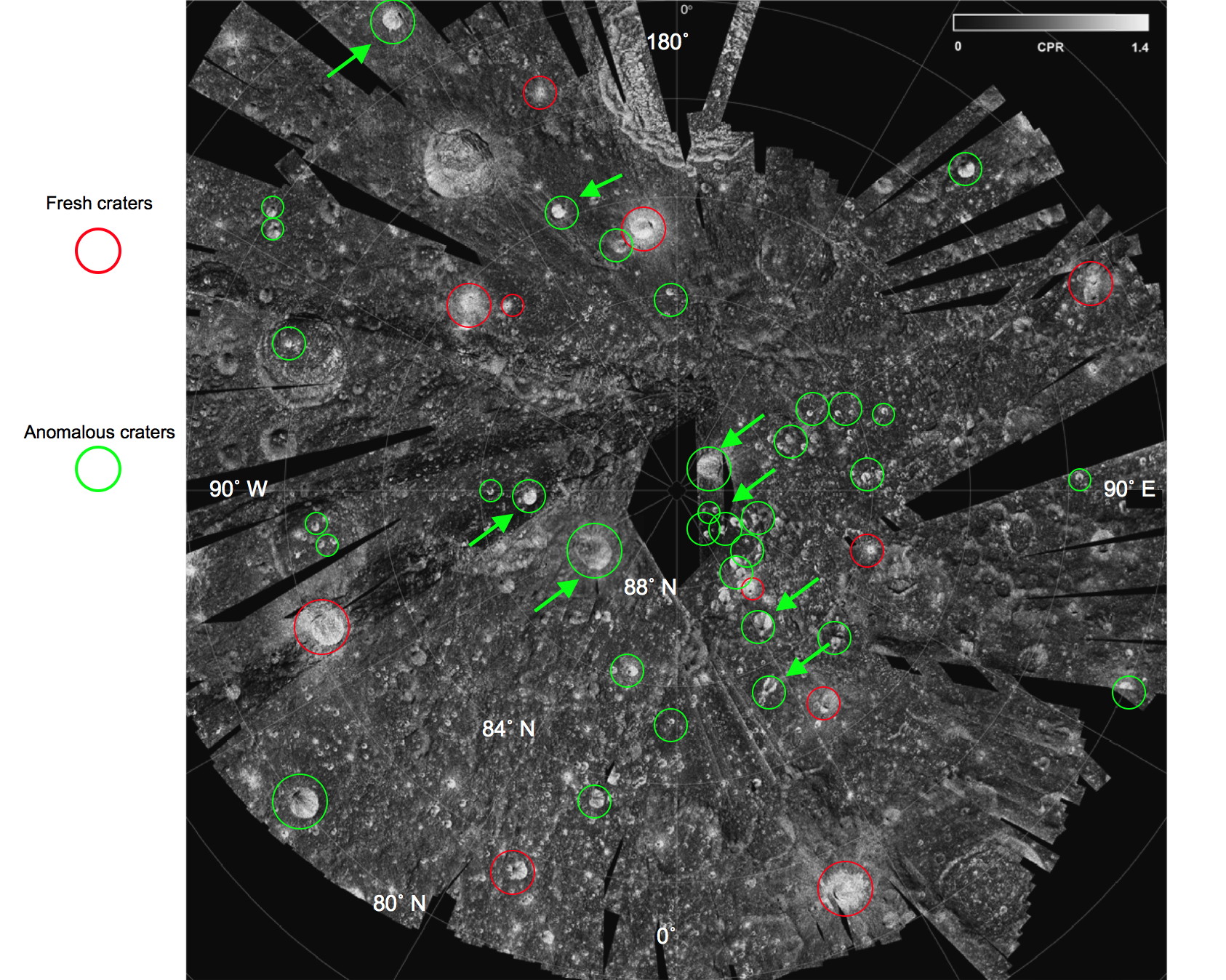
Water on Earth and Moon May Have Common Origin
By Katia Moskvitch published
Researchers studied the water content in the rocks from the lunar highlands. The analysis suggests that water in ancient lunar rocks and water on Earth may have a common origin.

How Gas Stations in Space Could Fuel Solar System Exploration
By Katia Moskvitch published

Paradox Solved? How Information Can Escape from a Black Hole
By Katia Moskvitch published
Inside black holes dwell quantum remains of the stars from which they were formed, say a group of scientists, who also predict that these stars can later emerge once the black hole evaporates.
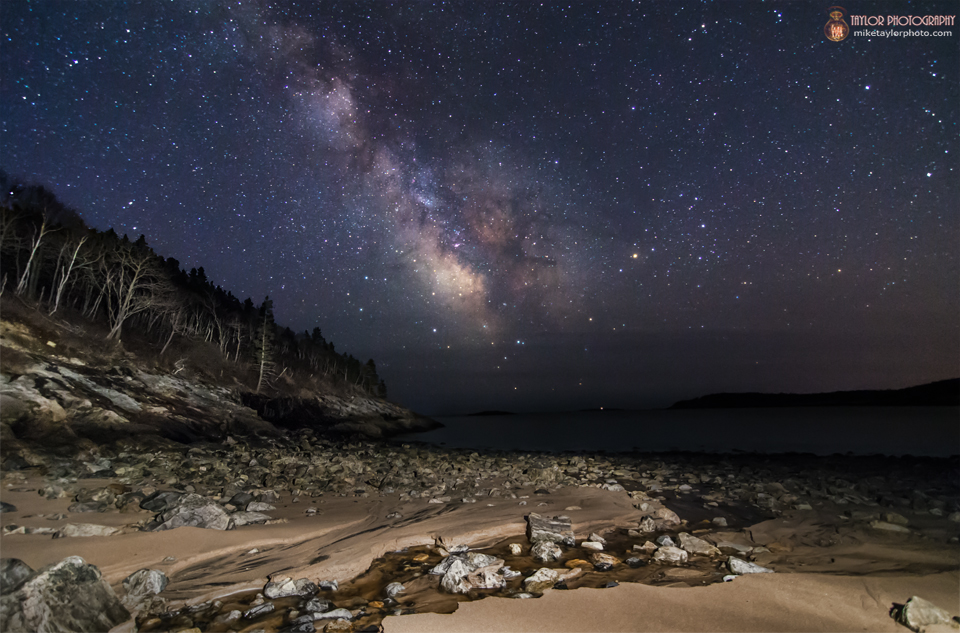
How Our Milky Way Galaxy Got Its Spiral Arms
By Katia Moskvitch published
The Milky Way's spiral shape may look a bit like a snail — but galaxies like Earth's own haven't always had this structure. Now researchers say they know when and how these spirals emerged.
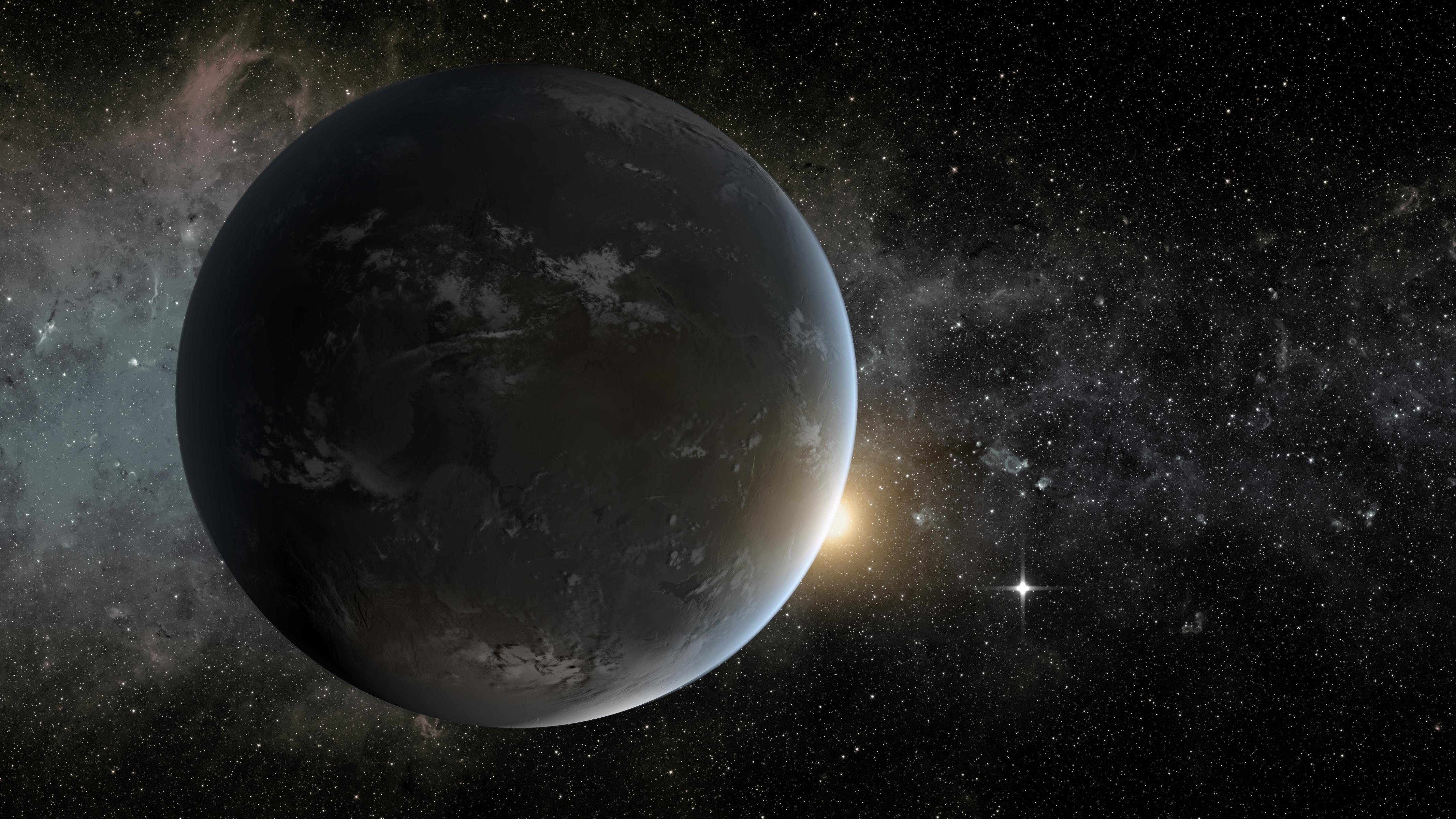
Did Alien Life Evolve Just After the Big Bang?
By Katia Moskvitch published
Alien microbes might have been crawling around on exoplanets just 15 million years after the Big Bang — and 10 billion years before life popped up on Earth.
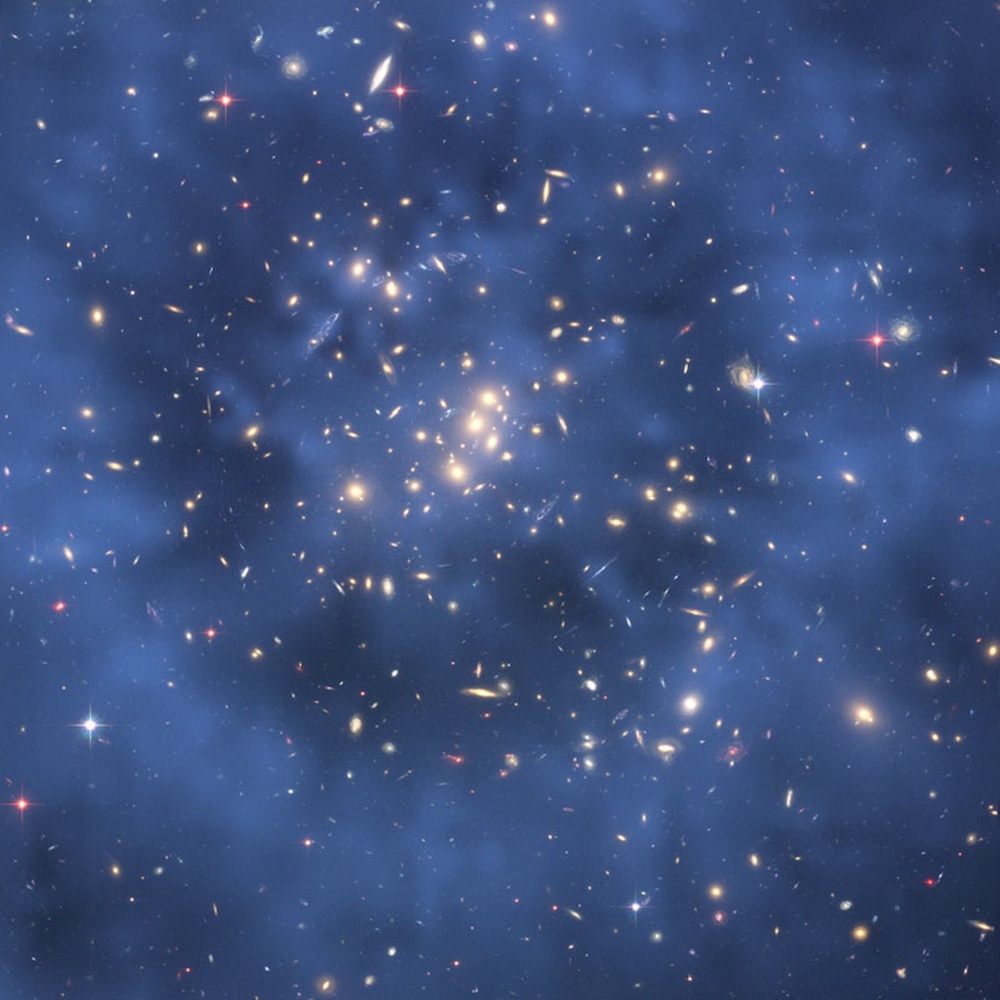
Dark Matter Mystery Could Be Solved in Next 10 Years
By Katia Moskvitch published
Dark matter — the elusive stuff that is thought to make up most of the known universe — is almost certain to reveal itself during the next decade, says a researcher.
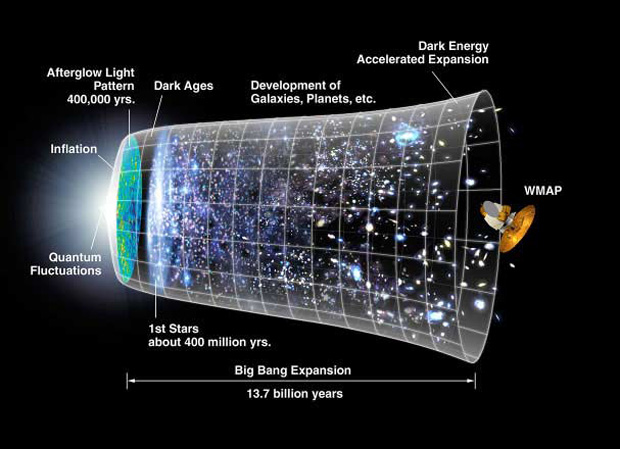
Evidence for Universe Inflation Theory May Lurk in New Data
By Katia Moskvitch published
Scientists hope that in just a few months they may get a confirmation of whether accelerated expansion of the universe did indeed take place in the first fleeting moments after the Big Bang.
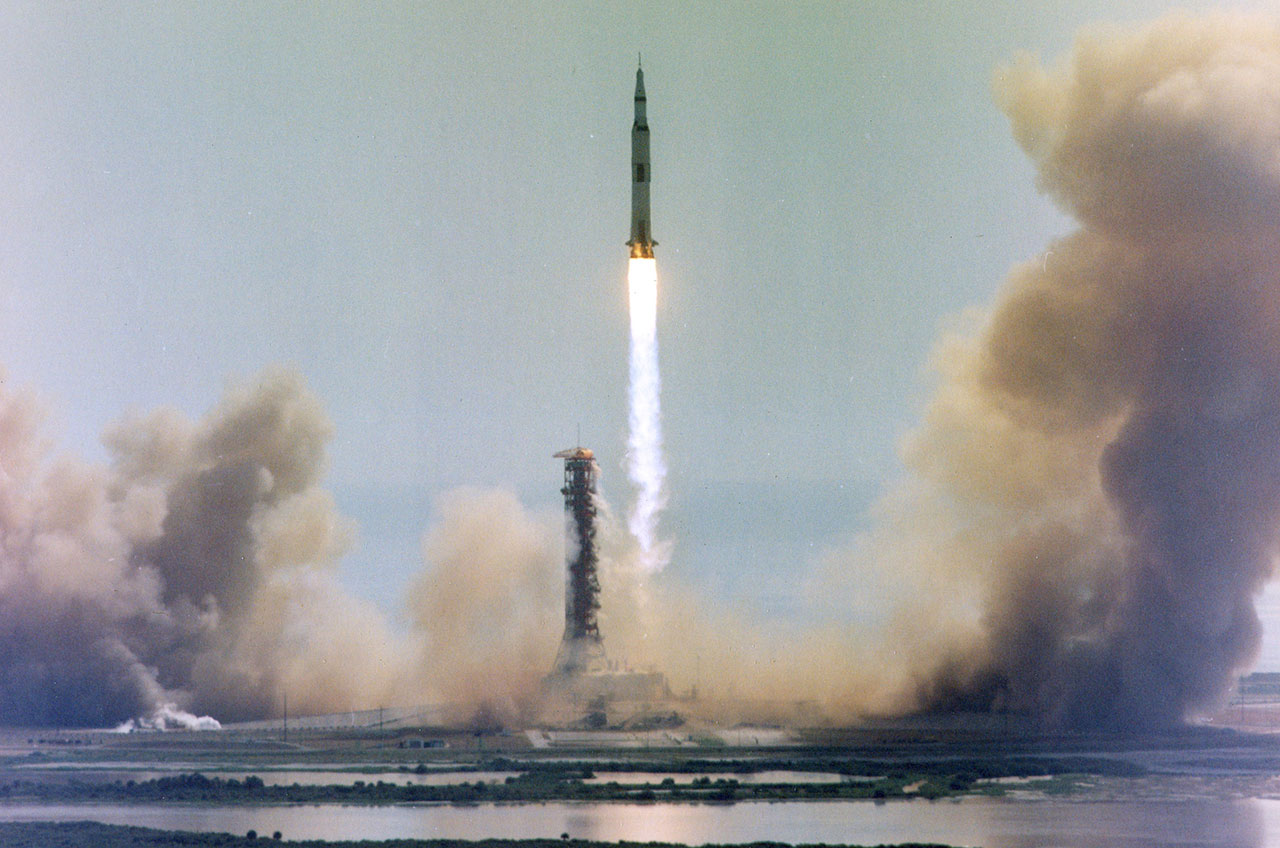
Commercial Space Race Revolutionizing Business Off Planet Earth
By Katia Moskvitch published
For decades, the space race was seen as being mostly about national pride. Getting there first mattered most, whereas pushing the frontiers of science and technology took a close second.
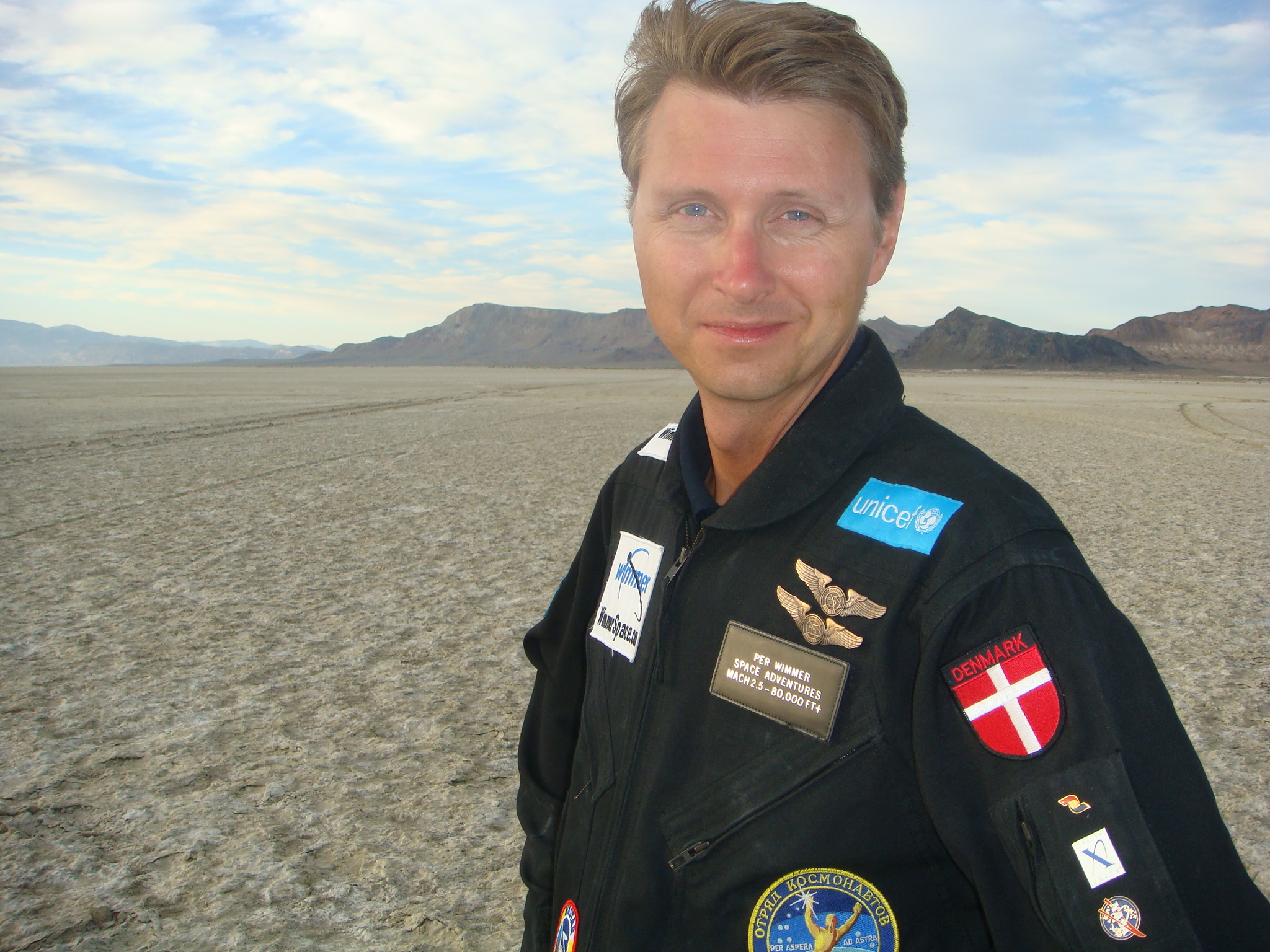
How Do You Train to Become a Space Tourist?
By Katia Moskvitch published
Piloting fighter jets, floating in zero gravity and spinning at a belly-flattening speed in a centrifuge are not the things a regular tourist is asked to do before a dream holiday.
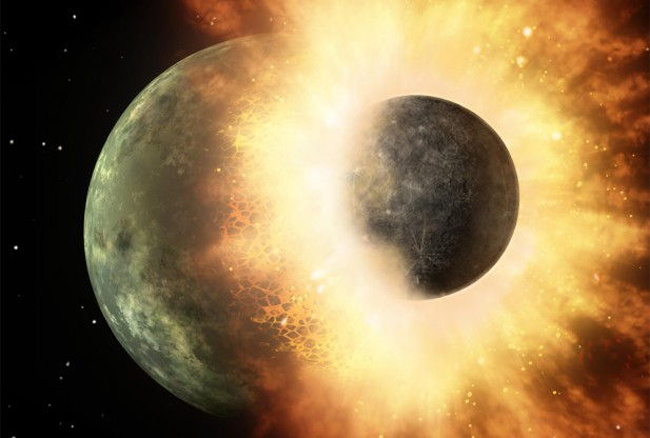
Giant Moon-Forming Impact On Early Earth May Have Spawned Magma Ocean
By Katia Moskvitch published
Moon-forming giant impact caused a giant magma ocean on Earth; life appeared millions of years later, hitching a ride on a Martian rock, a scientist says.

Was the Early Moon Made of Magma 'Mush'?
By Katia Moskvitch published
The young moon may have been a magma "mush" for hundreds of millions of years before it solidified, a scientist says.
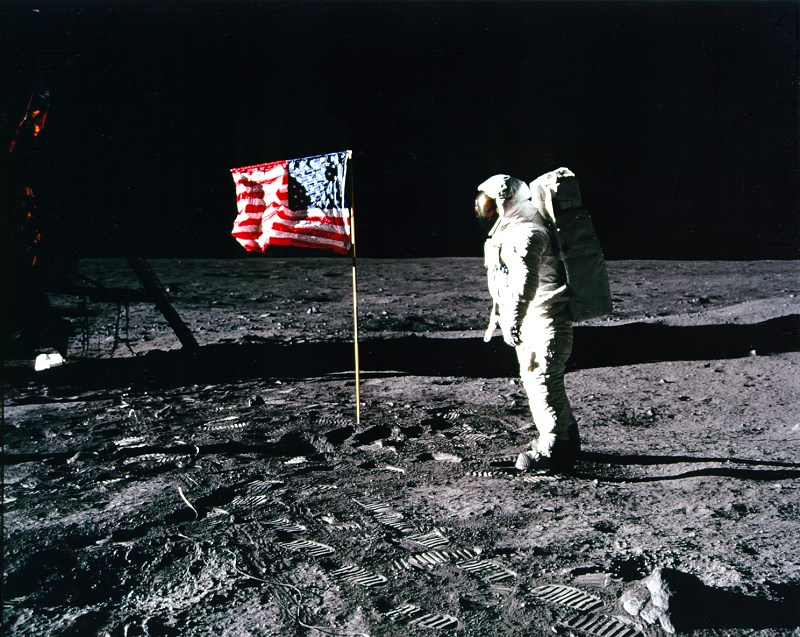
Going Back to the Moon Could Settle Questions about Lunar Origin
By Katia Moskvitch published
in order to truly answer the unsolved mysteries of the moon's origin, new missions to retrieve samples of the lunar surface and return them to Earth will be needed, one scientist said.

Does Mercury Hold Clues to Birth of Earth's Moon?
By Katia Moskvitch published
Just like the moon, Mercury is a desolate, rocky and airless body, albeit a bit bigger than Earth's satellite, said Sean Solomon, the principal investigator for NASA's Messenger mission to Mercury.
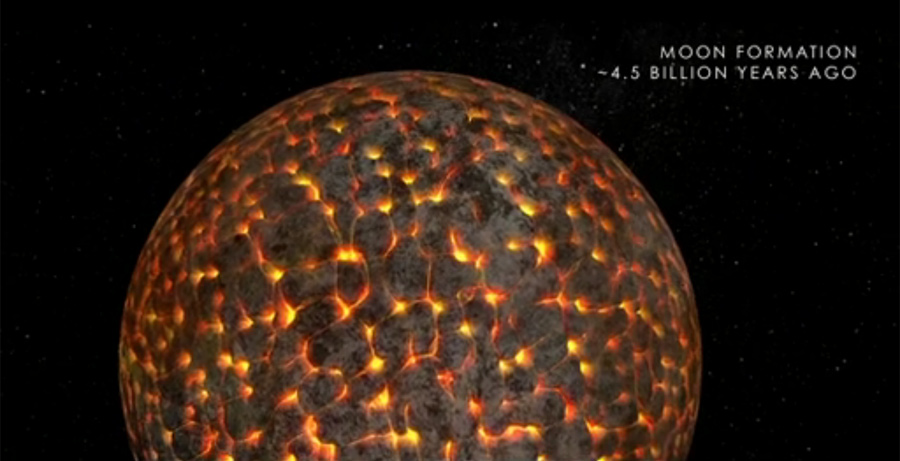
Did Venus Give Earth the Moon? Wild New Theory on Lunar History
By Katia Moskvitch published
Is the moon a present from Venus, which once had a moon and then lost it? A wild new theory puts the scenario out there.
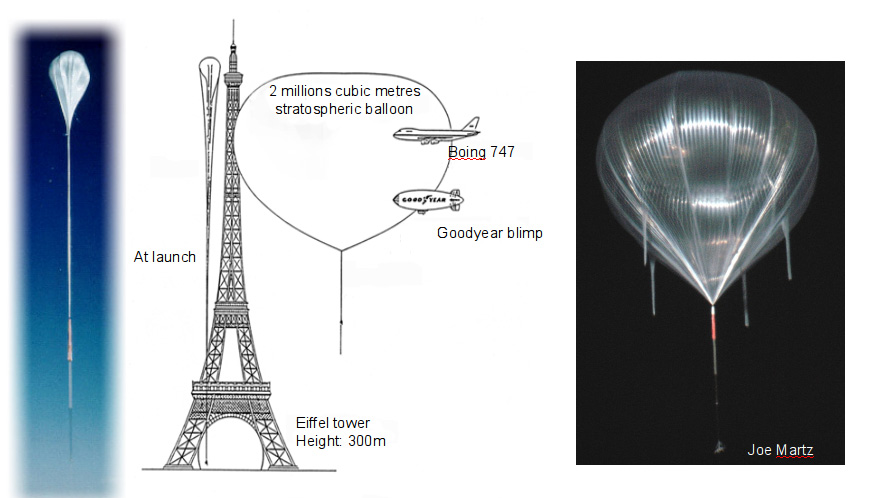
Exoplanet-Hunting Telescope to Seek Strange, New Worlds from Giant Balloon
By Katia Moskvitch published
EchoBeach will study exoplanets from a hot air balloon, on the cheap.
Get the Space.com Newsletter
Breaking space news, the latest updates on rocket launches, skywatching events and more!
